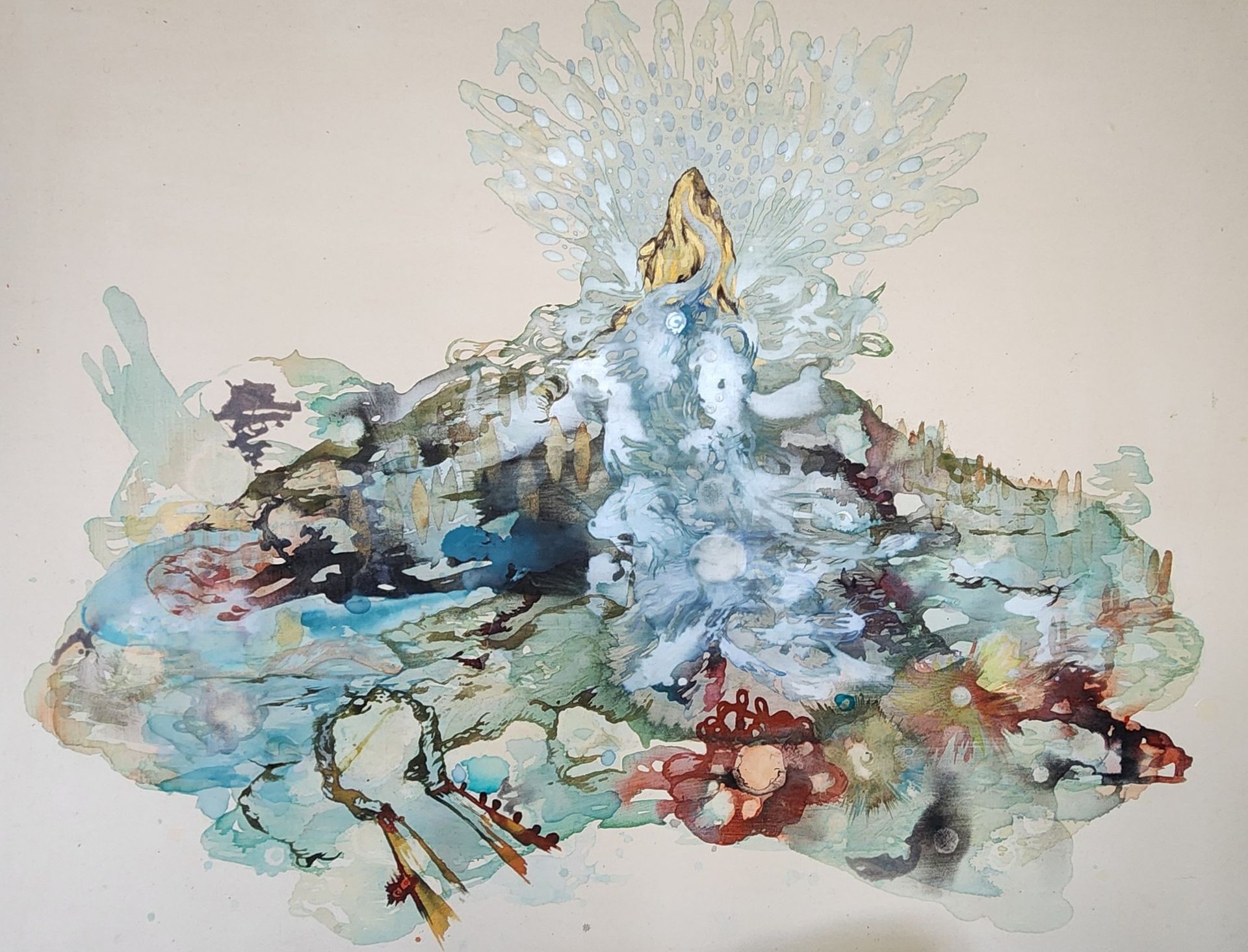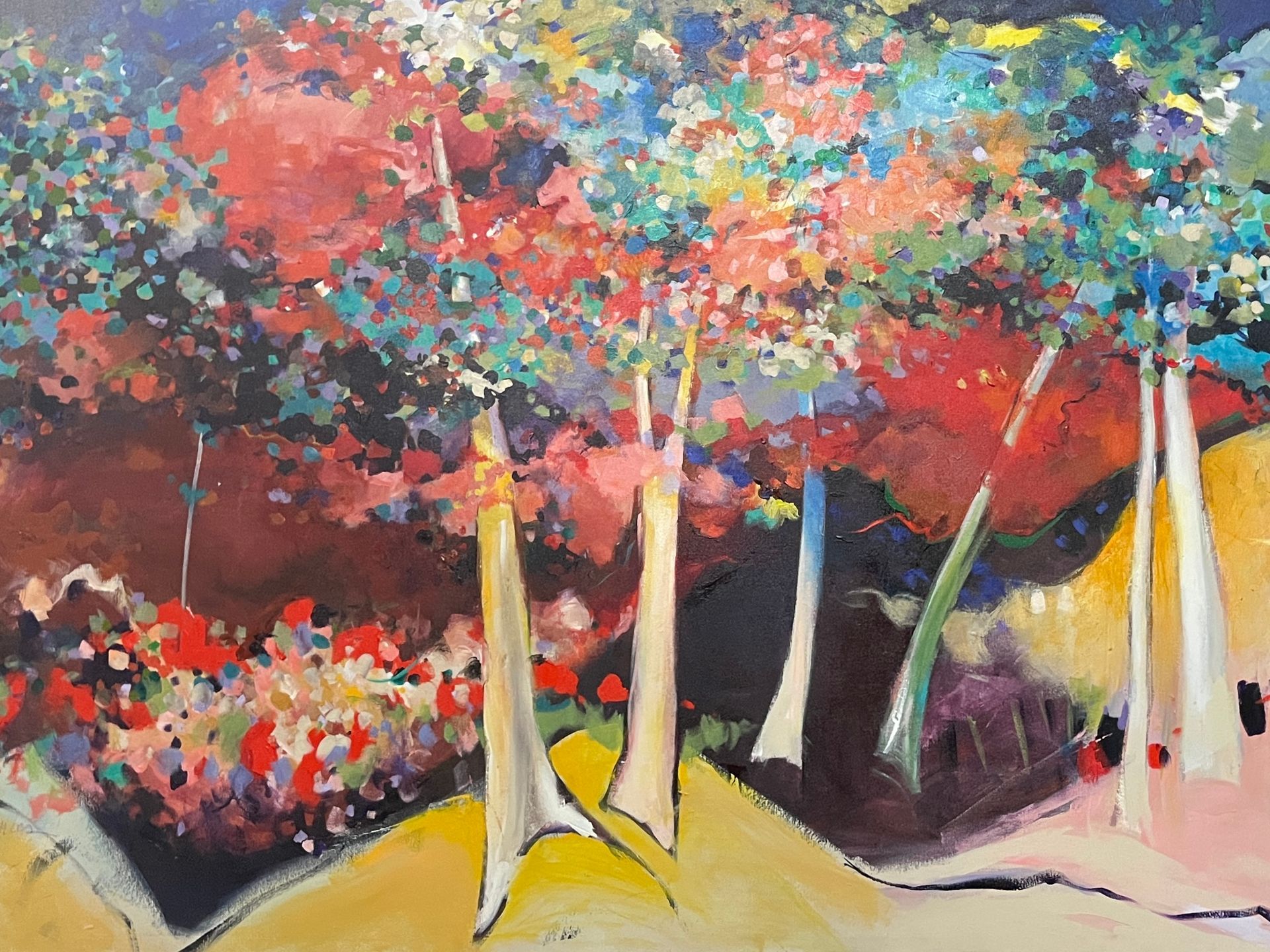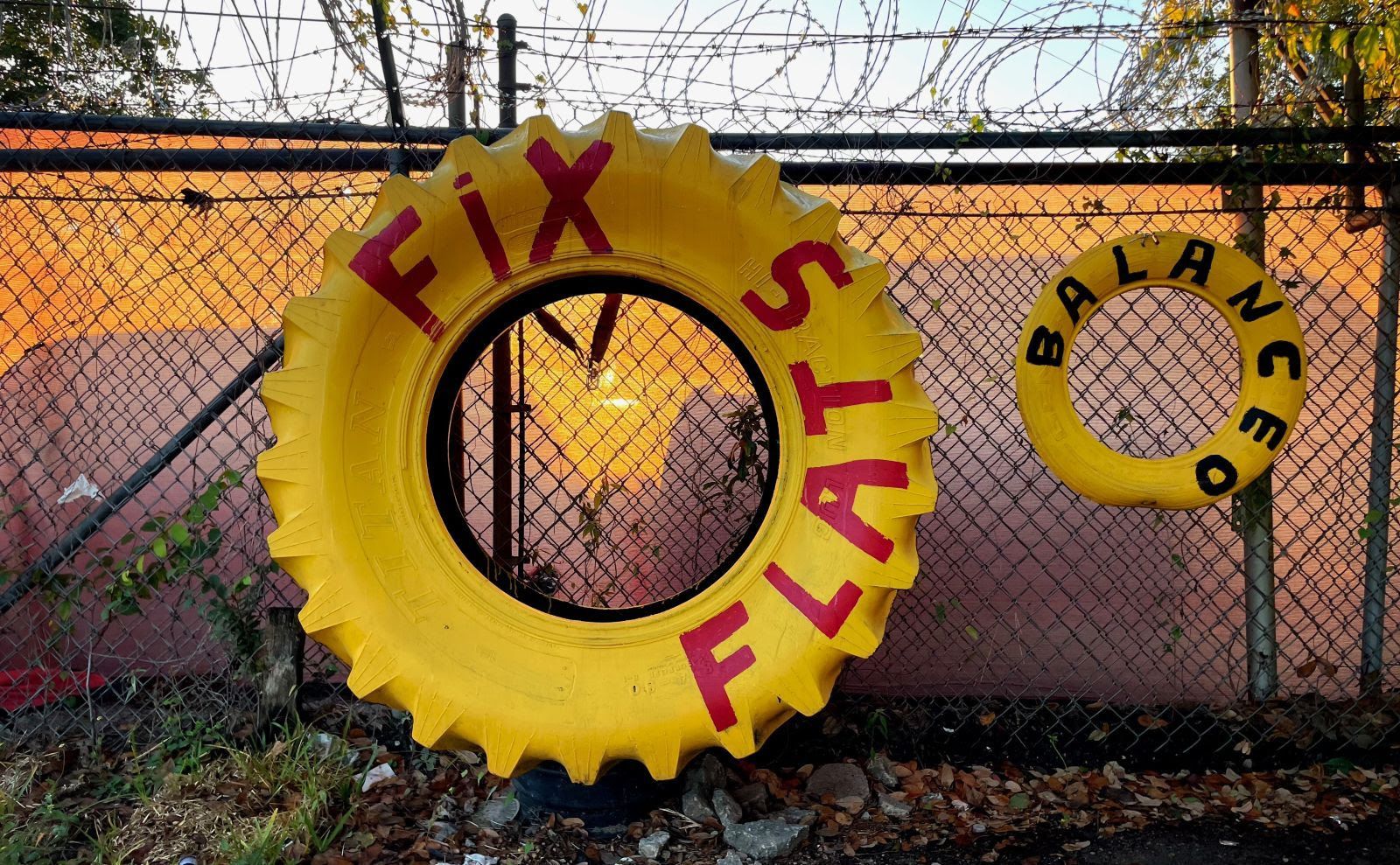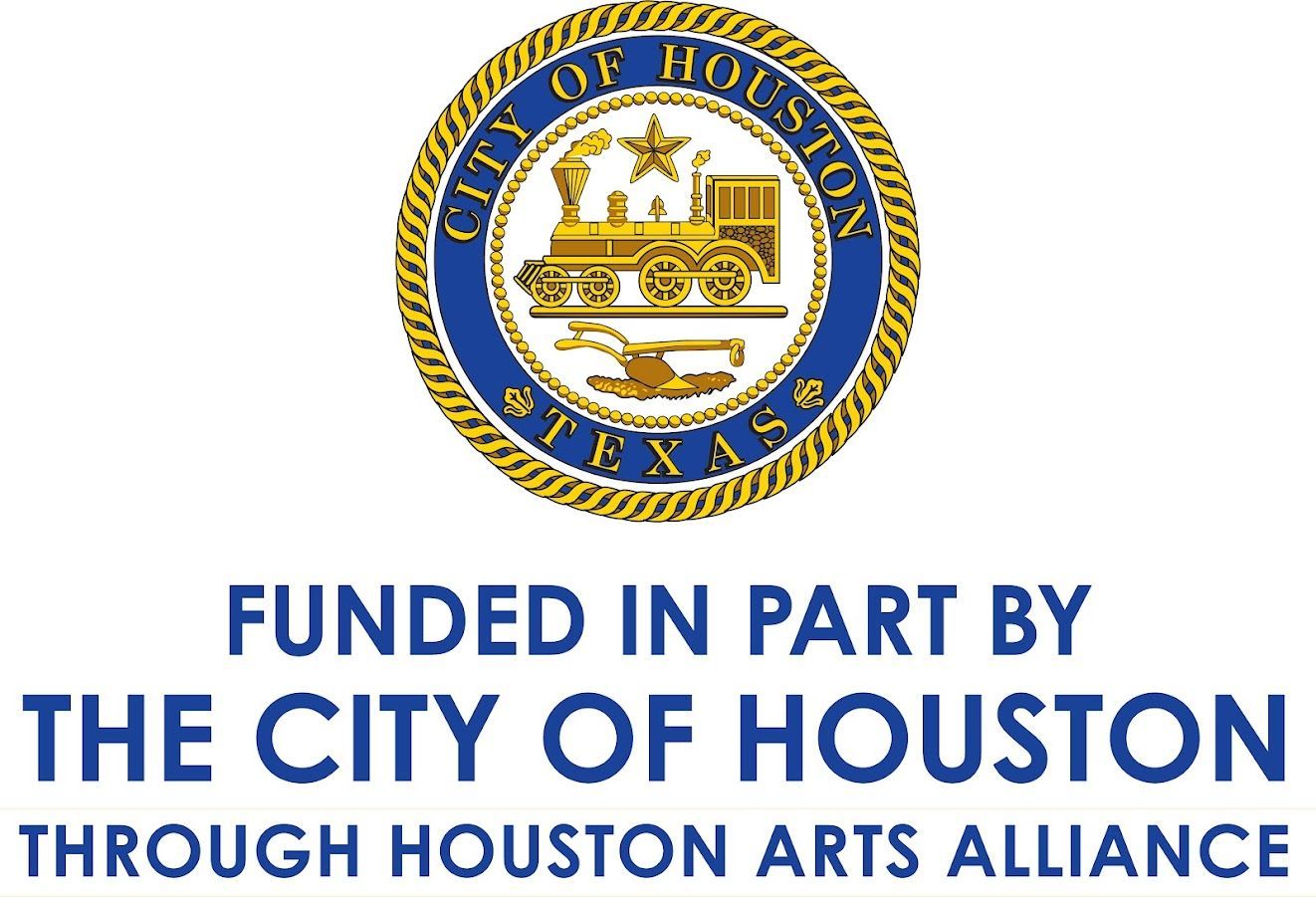Haiti, Humility, and Our Shared Humanity
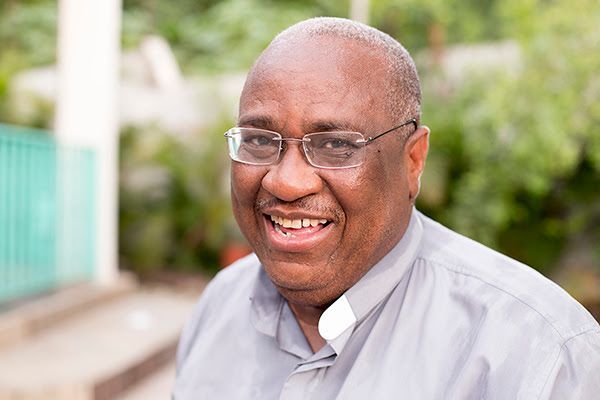
Haiti, Humility, and our Shared Humanity
August 15, 2021
Friends,
This weekend, I'd planned to finish work on a conference presentation scheduled for next Sunday morning. That changed yesterday, when news of the major earthquake in Haiti filled me with dread and panic. A dear friend, the psychologist Wismick Jean-Charles, was due to fly to Port-au-Prince this weekend to finalize preparations for that conference next weekend. It is the eleventh he has organized annually since 2011, one year after the last major Haitian earthquake in 2010. The panic eased when I heard from him early this morning; he was in an airport, beginning his trip. (That's him in the picture above, two years ago in Port-au-Prince, after the ninth conference.)
Wismick was in an eerily similar situation in January 2010, abroad at the time of the devastating tragedy at home. He flew into the Dominican Republic, drove across the Haitian border, and worked under horrific conditions to rescue Haitians and provide medical care. More than 220,000 Haitians died in the earthquake, the greatest natural disaster in the Western Hemisphere in recorded history.
This last decade of Wismick's life has been in great part a response to that experience. He has worked to build a culture of mental health in Haiti, by teaching basic mental health skills to schoolteachers, undergraduates, nurses, nuns and ministers, doctors, lawyers -- a community of volunteers who could respond in a moment and would remain long after media and foreign interest wanes. There are no graduate level clinical mental health training programs in Haiti; the mental health of Haitians depends on dedicated volunteers who gain skills during these annual conferences. Last year, the government of Haiti became an official sponsor, and four Haitian media outlets simulcast the conference on television and radio. They are scheduled to do so again next weekend.
Wismick picked humility as the conference theme this year. Before yesterday's earthquake, I felt inadequate to the task of saying anything about humility to anyone, let alone as an American speaking to Haitians. In his note early this morning, Wismick told me "my people go from tragedy to tragedy." I have nothing to teach them.
One of the core ideas of Jungian psychology is that much of who we are hides in plain sight, in what we call our shadow. What we need to become whole human beings lives within us, bound up with what we least want to admit about ourselves, what we have rejected or never adequately seen. The work of becoming psychologically mature involves identifying those stories that remain hidden, untold, within us, and those stories that others have kept hidden from us. Done with integrity, the process is not self-destructive, but liberating -- for ourselves, and for our communities.
The Pulitzer Prize- and National Book Award-winning essayist Ta-Nehisi Coates captured the essence of this work in a recent interview with Ezra Klein (which you can find here):
"...who amongst us gets to belong to a family where we feel everybody in that family has always been noble at all points in time? Who amongst us gets to honestly strip ourselves naked and look at our own biography and feel like we were always noble and we were always right? There’s a kind of humanness, a kind of grace I would even argue, that can be found if you can submit yourself to the notion that you’re not required to be perfect, you’re not required to be the good guy in the story. That in fact to try to do that is in many ways a rejection of your own humanity."
We are inextricably bound to Haiti, however distant it may seem in our newsfeeds and on our screens. Many Haitians express anguish every time they hear Haiti described as "the poorest country in the Western hemisphere." Haiti is the home of the only successful slave revolt in history, which made possible the end of slavery throughout the Americas and led directly to the massive expansion of the United States through the Louisiana Purchase. The America we know and the America we believe ourselves to be depends on the courage of Haitians. Who we do not want to be, and yet still are, depends on the suffering, exploitation, and death of Haitians over four centuries, through the slave trade to the United States, through waves of American economic and military invasions, through moral failures and blindness. Through America’s humanity.
As our gaze is drawn helplessly to Haiti in the coming days and weeks, I encourage you to notice and let go of that helplessness. Material support for Haitian relief efforts will of course be incredibly important, if you have the means to contribute. You might also explore the riveting and essential history of Haiti (a great starting place is Haiti: The Aftershocks of History , by Laurent Dubois). If you’re like me, you’ll find parts of America's soul hiding there.
Humility shares a root with humus , the richly fertile layer of soil composed of decaying plant and animal matter, a matrix of life and death. Discovering what we do not know about ourselves and our shared history, reclaiming rather than rejecting our humanity -- exploring our shadows -- is an expression of humility. That is where life emerges. Like Ta-Nehisi Coates, I think we might find grace there.
Warmly,
Sean Fitzpatrick
Executive Director
P.S. If you would like to learn more about Wismick’s series of annual conferences, you can click here to watch a brief video. The Jung Center has been a proud sponsor of these conferences for the last four years, with the Center for Spirituality and Mental Health of Port-au-Prince (CESSA) and the University of Notre Dame of Port-au-Prince. If you would like to contribute to CESSA's vital work, just reply and I'll send contact information. You may know our staff members Elissa Davis, Michael Craig, and Mary Oleyar; they volunteered to work next Sunday and Monday to manage the live video feed, for which I’m deeply grateful.
The post Haiti, Humility, and Our Shared Humanity appeared first on The Jung Center of Houston, Texas.
Share
Recent Posts
